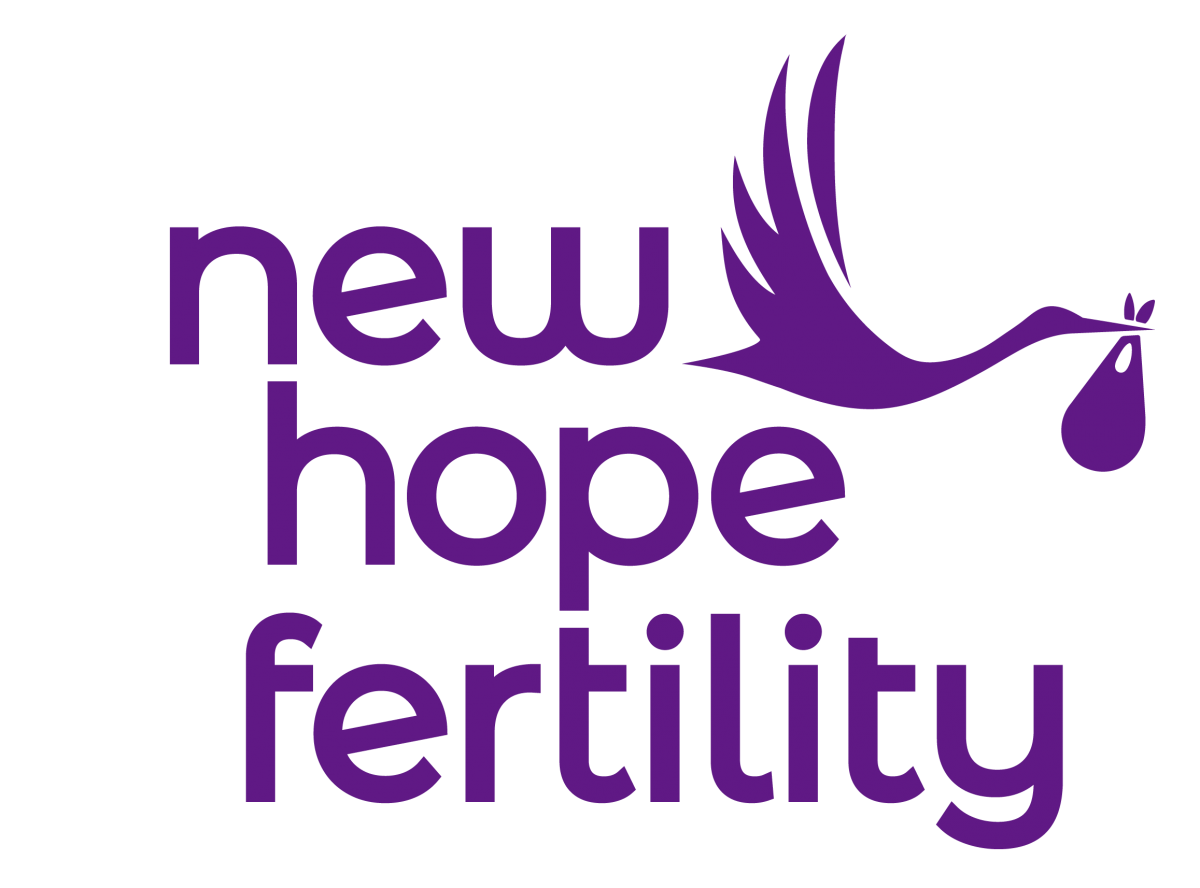We all know that infertility treatments can be physically and emotionally draining. Failed cycles and negative outcomes can take a toll on your mental health. Infertility can cause anxiety, depression, and excessive stress but it’s important to remember that you’re not alone. Although we cant provide solutions that will 100% change the mentally taxing aspect of infertility, we can offer a few ways to cope with the challenges of infertility.
If you’re struggling with your mental health, please reach out for help. You deserve to be happy and healthy, no matter what your journey to parenthood looks like. In this blog post, we’re going to discuss how infertility can impact your mental health and some techniques we recommend to cope with the stress.
How common is infertility?
One of the toughest things that couples have to wrestle with when going through infertility treatment is the “why me?” Infertility is defined as the inability to conceive after one year of unprotected sex (or six months if you’re over the age of 35). It affects about one in ten couples of childbearing age. Ten percent might seem like a small section of the population, but it’s important to recognize that this ten percent translates to about six million people in the US yearly. Your journey might seem unfair, sudden, and at times without cause or reason, and all of these things can negatively impact your mental health.
There are many possible causes of infertility, including both male and female factors. Male-factor can include problems with sperm count and quality, whereas women can have issues with their egg count and quality, hormone imbalances, as well as physical factors involving the uterus that make pregnancy unviable.
What are some of the emotional challenges of infertility?
The emotional challenges of infertility can be very intense. For both women and men, it is difficult to wrestle with the fact that despite taking the proper medications, regulating their diet, exercising properly, going to consultations, and doing the procedures, their cycle still might not result in a positive pregnancy test. Despite all the hard work from the patient and medical staff alike, the overall results just might not work the way they want them to.
It is important to go into IVF with realistic expectations and information on success statistics. The latest reports, from 2018, show that 50% of IVF procedures in women ages 35 and under result in a successful live birth. For women ages 42 and older though, 3.9% of the egg transfers resulted in birth without the use of donor eggs. The success rate climbs with more egg transfers. The CDC reports that the success rate of IVF is increasing in every age group as the techniques are refined and doctors become more experienced.
How does infertility affect depression and anxiety disorders?
Infertility can cause or exacerbate a wide range of mental health issues, including depression and anxiety disorders. It’s also important to be aware of the possibility that these mental health issues can be the result of fertility treatment.
“Although the results of current studies are conflicting, many researchers found an increased level of anxiety in couples undergoing infertility treatment. In a study by Reis et al., they found that couples commencing ART treatment for the first time had a higher state anxiety score compared to couples who took part in multiple ART cycles [12]. In a different study, a higher level of anxiety was found in women who failed to achieve pregnancy via IVF procedure.” – Anxiety and depression in women undergoing infertility treatment.
What are some ways to cope with infertility-related mental health issues?
There are multiple ways you can cope with the challenges of infertility, especially if you have depression and anxiety. It’s important to remember that you’re not alone in this. There are many women and men who understand what you’re going through.
Some tips include:
- Talk to friends or family members who can understand and support you
- Attend a support group
- Find an online community
- Talk to a therapist
- Exercise
Is there treatment available for people struggling with infertility-related mental health issues?
There are many treatment options available for people struggling with infertility-related mental health issues. Most clinics have therapists that they work with, which they can recommend to you if you’d like a more professional setting to talk. You can also look for outsourced therapists that specialize in anxiety and depression, as well as therapy groups dedicated to infertility patients.
Infertility is a very emotional journey for many, and that ok. It’s important to keep a close group around you to make sure that you feel accepted and connected with others, and also stay aware of the additional stress that infertility can sometimes cause over time.
Why New Hope?
New Hope Fertility Center is home to world-renowned fertility specialists. We custom design fertility treatments for the individual to increase the chances of a successful pregnancy. Our specialists believe in putting the patient first and being with them through every step of the fertility journey. Our team is well versed in helping women of all ages reach their fertility goals and we are passionate about educating, and supporting our patients throughout their journey. If you want compassionate fertility care, New Hope is the right place for you. Call us at (347) 970-8479 or schedule your initial consultation today!

